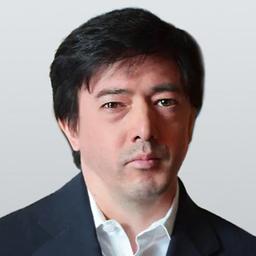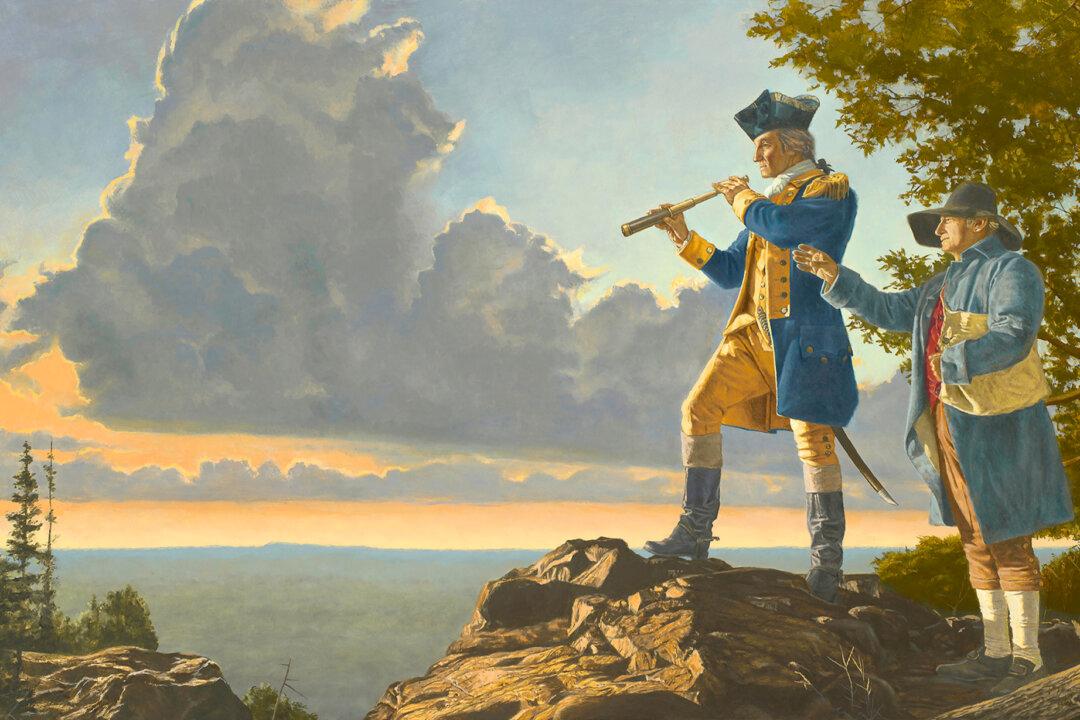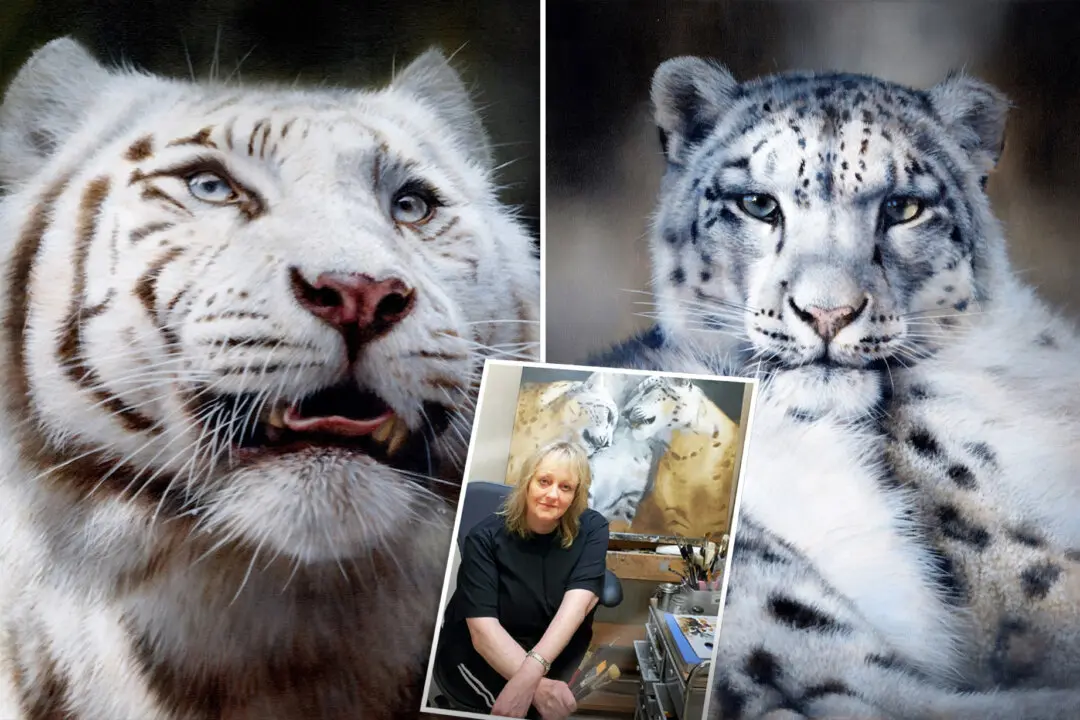Marc Lozano had it all. Working for the NBA, he had achieved his dream job. He had a beautiful wife, financial security, and the life he’d always wanted. So why was the fortunate young man so miserable?
A self-described “militant atheist,” Lozano, 31, was a voracious reader gifted with a brilliant mind, and formed his own conclusions about things. No one—not his college basketball coach, not even his wife—could convince him God existed. So, when a theological argument set him on a quest to disprove his wife and “de-convert” her to atheism, fathom the irony when he ended up converting himself. Lozano became a Catholic—though he admits he’s no longer miserable.






